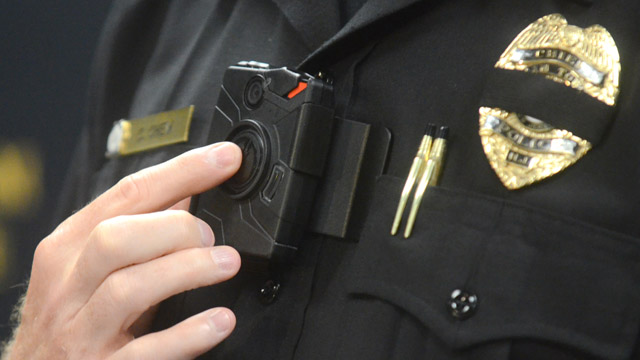The City Commission approved the process to apply, accept, and expend grant proceeds from the U.S. Department of Justice (DOJ). The Community Policing Development grants total $450,000 and will be used to fund the expansion of the City’s Crisis Intervention Team and further de-escalation training.
Additionally, the city will apply for an $860,000 DOJ Bureau of Justice (BJA) Body-Worn Camera Policy and Implementation Program Assistance grant. The monies will expand TPD’s current body-worn camera program. The grant requires the city to match the funds, creating a fiscal impact of $860,000.
Crisis Intervention
In September 2020, the city launched a pilot crisis intervention team that responds to non-violent mental health situations. The team consists of one mental health clinician, once crisis intervention trained police officer, and one EMT/paramedic. Since its launch in March 2021 the team has seen a demand for services and the need for rapid expansion.
Expanding the crisis intervention team will allow for the unit to give more individuals on-site crisis intervention and redirect more of the mental health related emergency calls away from traditional law enforcement, freeing up police and fire emergency response units.
The expansion will be supported by the Community Policing Development (CPD) funds. The grant provides “up to $250,000 for overtime, contractual services, and training over a two-year period.”
Furthermore, the city will apply for an additional $200,000 grant that will support de-escalation training among Tallahassee Police Department (TPD) staff. It will support the TPD’s attendance at the nationally certified de-escalation “train-the-trainer” programs and provide internal development, implementation, and training for TPD staff and officers. There are no matching funds required for the use of either CPD grants.
Body Cameras
Lastly, the TPD is looking to pursue a $860,000 BJA Body-Worn Camera Policy and Implementation Program grant. The grant will assist in the expansion of its current program by purchasing an additional 20 body-worn cameras for department personnel. Also, 200 additional in-car camera systems will be installed and integrated with the existing body-worn cameras, as well as the purchase of the required software and licensing.
At minimum, the City is required to match the BJA grant funds, however the cost for the equipment and software previously mentioned totals $2,751,780. Therefore, the city is obligated to expend the remaining $1,891,780, which has been accounted for in the FY2022 budget.

